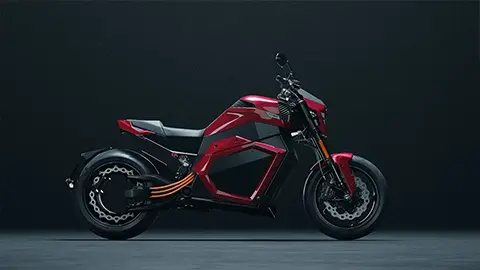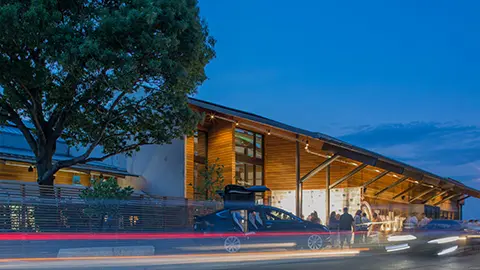Are More People Considering EVs?
Every year, market research firm J.D. Power releases its Electric Vehicle Consideration (EVC) study, which surveys buyers in the market about their attitudes toward electric cars. The 2023 edition of the report reveals that 26 percent of car shoppers are very likely to consider an EV, which is only a two-percent increase from a year ago. Given the much larger number of EV choices available, you might expect that percentage to be higher – but J.D. Power’s study suggests that shoppers continue to be hesitant because of concerns around public charging.
Stewart Stropp, J.D. Power’s executive director of EV intelligence at J.D. Power, says that the study shows the growth in public charging isn’t keeping pace with the number of electric cars now on American roads. “While owners are impressed with what automakers are offering, they’re also thinking about how, when, and where they’ll be able to charge their vehicles away from home. A resounding effort to build out and improve the public charging infrastructure will emphatically increase electric car purchase consideration.”

Why Are Buyers Not Choosing Electric Cars?
Looking at the bigger picture, and beyond shoppers “very likely” to consider an EV, the number of shoppers that are “overall likely” to consider an electric car increased from 59 to 61 percent in the past year – the same two-percent rise. Those that are not considering EVs, which J.D. Power calls rejecters, still numbers 49 percent in 2023. And they say their primary reason is a lack of charging station availability. While most actual EV owners will charge at home overnight, and will rarely if ever experience range anxiety, for potential shoppers, use cases like long road trips continue to hold them back.
While the public charging network continues to grow by leaps and bounds, many public chargers are still Level 2 units that don’t allow a fast top-up for drivers in a hurry. Even the fastest Level 3 public chargers still require EV owners to spend more time “refueling” than gasoline vehicles. Tesla’s Supercharger network, which will start becoming available to Ford and General Motors vehicles starting in 2024, has the best coverage, but there are still many parts of the U.S. without easy access to high-speed charging.

EV Charging Network Growth: 2023 vs. 2022
Charging availability in the U.S. is growing rapidly. The number of available charging stations in 2023 increased 13 percent over 2022 (though that’s less of an increase than from 2021 to 2022, which was 33 percent). On the other hand, the availability of electric cars is increasing much more rapidly; J.D. Power says that 42% of shoppers now have a viable EV option that meets their stated needs for range.
Ironically, one of the greatest benefits of electric car ownership is that 85 percent of charging is typically done at home, says Stropp. But those that have never experienced an EV don’t necessarily understand home charging – and equate a lack of visible public high-speed chargers as a negative.

Electric Car Experience Aids Consideration
The electric vehicle consideration study also had a number of other interesting findings:
- Shoppers with longer commutes are beginning to more seriously consider EVs. The more miles that someone drives, the more likely they are to consider an electric car, because of reduced fueling costs. Among those with a commute of more than 45 minutes each way, 35 percent say they are very likely to consider an EV, 14 percent higher than those with a commute of 15 minutes or less.
- First-hand experience also helps significantly with purchase consideration. Just 12 percent of shoppers with no experience with an electric car say they’re very likely to consider one; that percentage doubles among those who have had a ride in an EV. For current EV owners, over 80 percent of them are very likely to consider an electric car.
- Owners of hybrid or plug-in hybrid vehicles are, unsurprisingly, more likely to consider switching to an EV – with PHEV owners having an 11 percent consideration bump over average buyers.
- Geographically, California leads the U.S. in electric vehicle consideration; over 73 percent of shoppers are “overall likely” to consider an EV and over 40 percent are “very likely.” New York ranks just behind, at just over 33 percent “very likely.”
- While Tesla remains the dominant electric car brand, consideration of models from traditional automakers is high. Tesla’s consideration numbers are higher because their charging network is considered to be superior.
Released in June 2023, J.D. Power’s EVC study surveyed over 8,000 consumers between February and May 2023, and included consideration by geography, demographics, vehicle experience and use, and lifestyle.
















